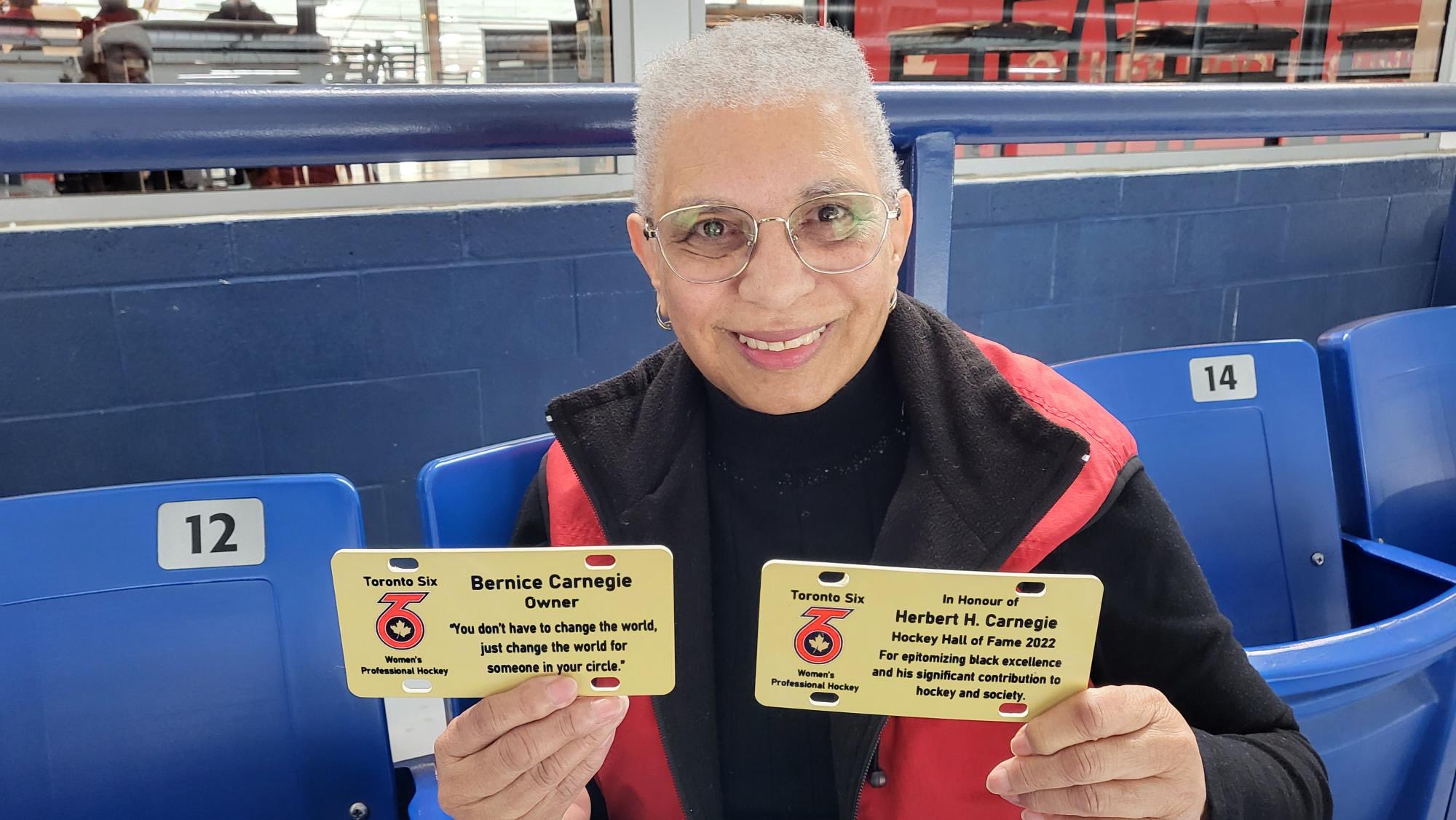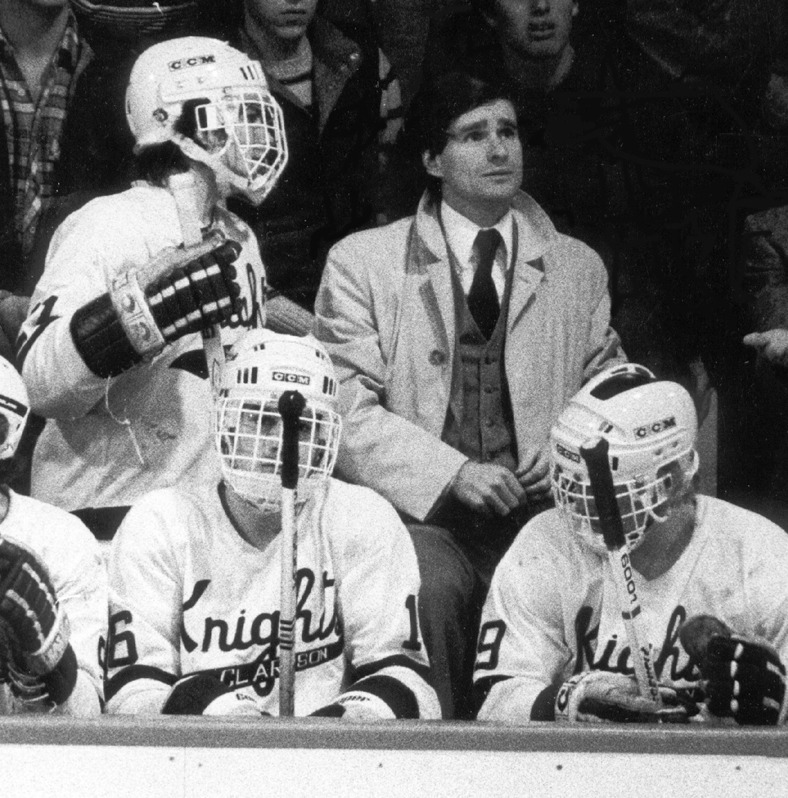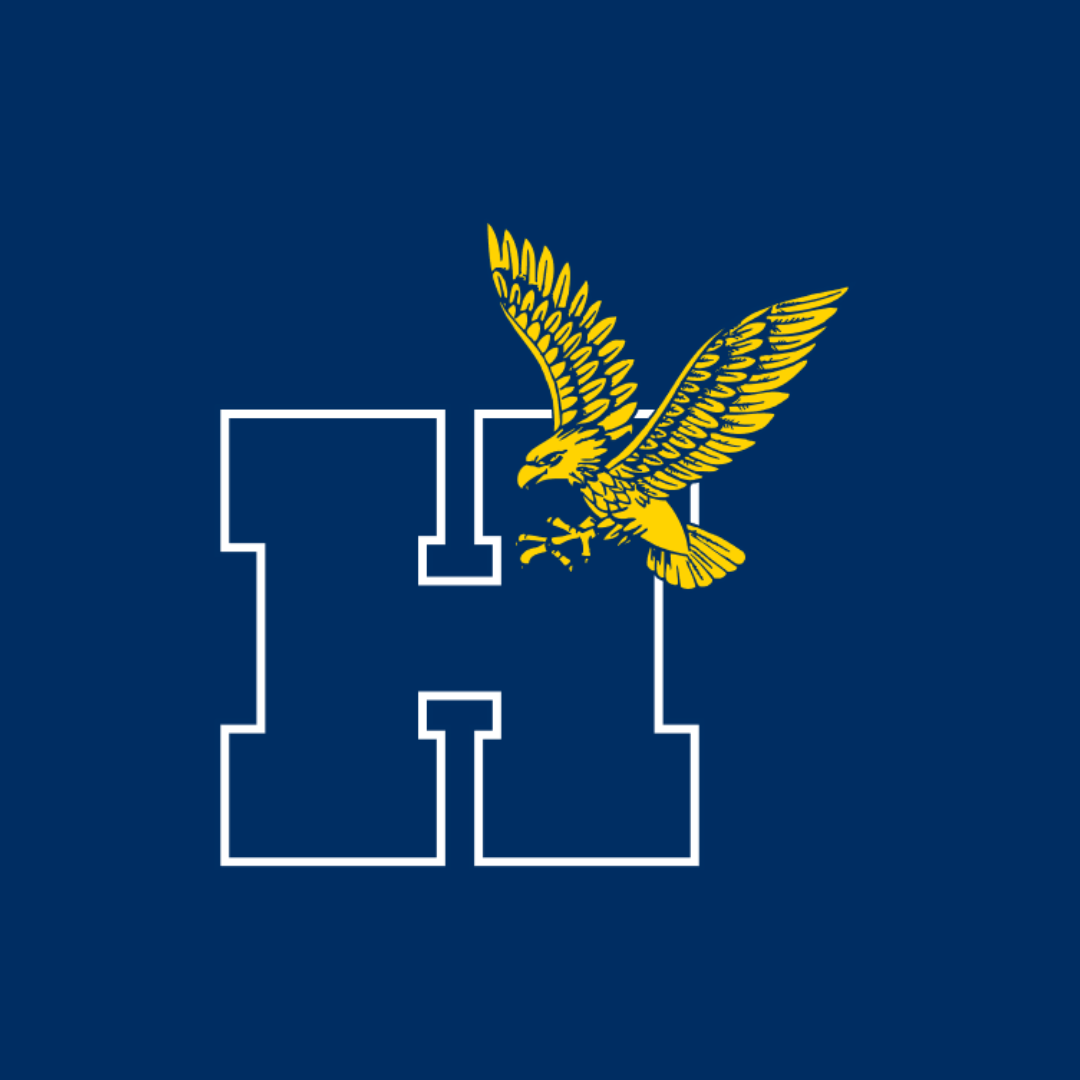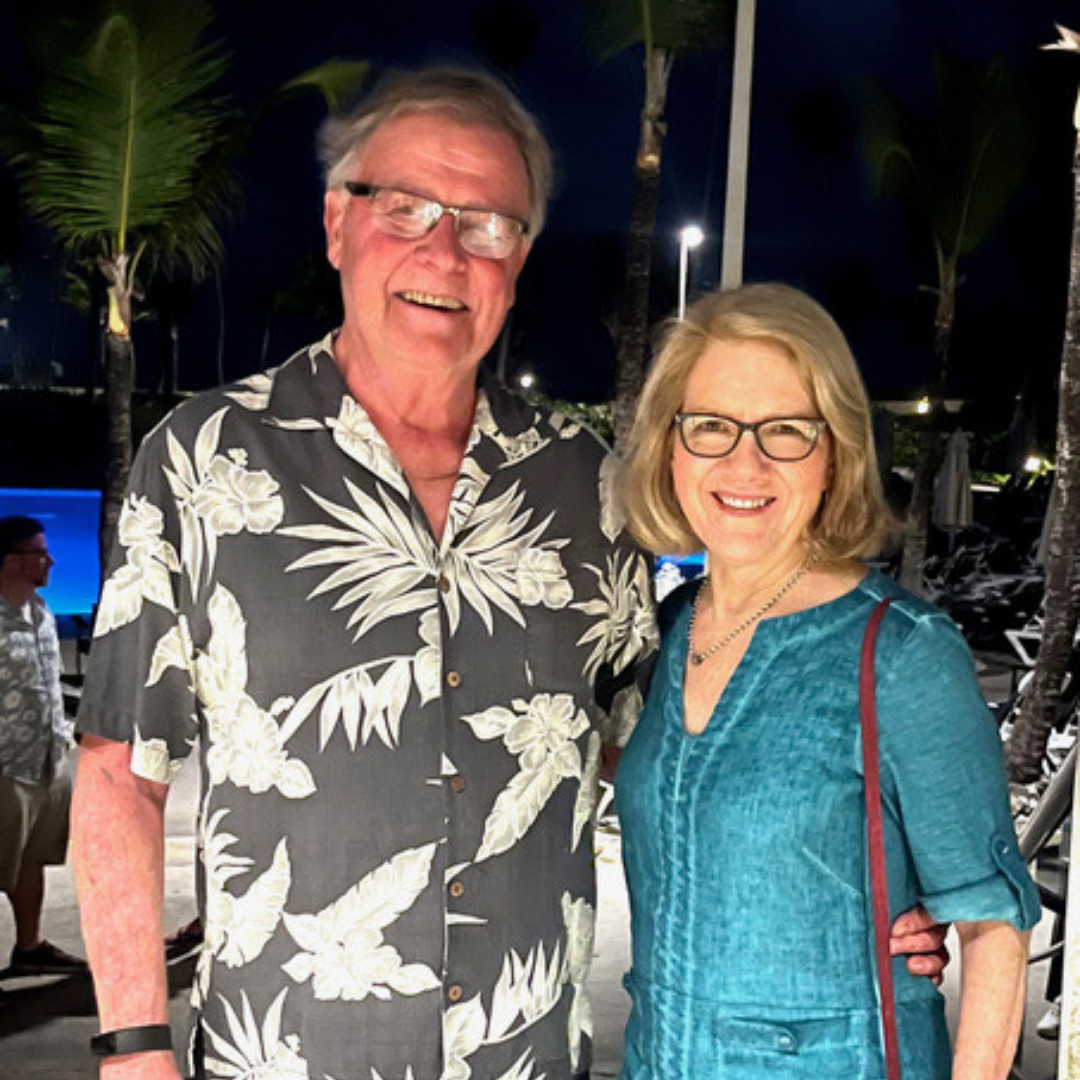Bernice Carnegie
Bernice Carnegie is the Co-Founder and President of The Carnegie Initiative (CI), an organization named after her father, the legendary Canadian hockey player and changemaker Herb Carnegie. Continuing the work her father started over 60 years ago, the CI is on a mission to continue to make hockey accessible, inclusive, and diverse. As an international speaker and author, Bernice’s storytelling capabilities illuminate the struggles and triumphs of her ancestral journey, igniting a flame of understanding and the importance of inclusion.
For 17 years, Bernice led her family charity with unwavering dedication, pioneering safe school programs that have made a lasting impact across Ontario. Alongside her father, she sculpted futures through the transformative power of the Future Aces Philosophy, a message that instills ethics, character-building, and exceptional citizenship in countless youth. Additionally, Bernice works with police, corporations, and various organizations helping to introduce new perspectives to traditional ways of thinking.
In 2022, Bernice was chosen as one of the top 22 most influential people in hockey in North America. Bernice etched her name in history as part of the groundbreaking BIPOC ownership of a professional women’s hockey team, the Toronto Six, in 2021. The following hockey season, the Toronto Six became the first and, to date, the only Canadian team to hoist the prestigious Isobel Cup which will be housed at the Hockey Hall of Fame, further cementing their legacy.
Bernice unveils the rich tapestry of her family’s journey on her personal website and in the co-authored autobiography, A Fly in a Pail of Milk: The Herb Carnegie Story. In the book, she reveals how her life was shaped by lessons passed on from father to daughter, celebrating the indelible contributions of Black Canadians throughout the course of the nation’s history.
As a community leader for four decades, Bernice has been the recipient of numerous federal, provincial, and community awards for education, development, communication, speaking, and volunteerism. She is the Executive Producer of the captivating documentary Beyond Their Years whose work stands as a testament to her father’s enduring legacy, inspiring generations to come.
Bernice was born in Toronto in 1945 and was raised in North York. Though she is a renowned speaker, author, and storyteller, she feels her most significant accomplishment is the loving relationship she has with her three children, Vaughn, Brooke, and Corey.




